My ELT tools imports my data in bigquery and generates/extends automatically the schema for dynamic nested keys (in the schema below, under properties)
It looks like this
How can I get the list of nested keys of a repeated record ? so for example I can group by properties when those items have said property non-null ?
I have tried
select column_name
from my_schema.INFORMATION_SCHEMA.COLUMNS
where
table_name = 'my_table
But it will only list first level keys
From the picture above, I want, as a first step, a SQL query that returns
message
user_id
seeker
liker_id
rateable_id
rateable_type
from_organization
likeable_type
company
existing_attempt
...
My real goal through, is to group/count my data based on a non-null value of a 2nd level nested properties properties.filters.[filter_type]
The schema may evolve when our application adds more filters, so this need to be dynamically generated, I can't just hard-code the list of nested keys.
Note: this is very similar to this question How to extract all the keys in a JSON object with BigQuery but in my case my data is already in a shcema and it's not a JSON object
EDIT:
Suppose I have a list of such records with nested properties, how do I write a SQL query that adds a field "enabled_filters" which aggregates, for each item, the list of properties for wihch said property is not null ?
Example input (properties.x are dynamic and not known by the programmer)
| search_id | properties.filters.school | properties.filters.type |
|---|---|---|
| 1 | MIT | master |
| 2 | Princetown | null |
| 3 | null | master |
Example output
| search_id | enabled_filters |
|---|---|
| 1 | ["school", "type"] |
| 2 | ["school"] |
| 3 | ["type"] |
